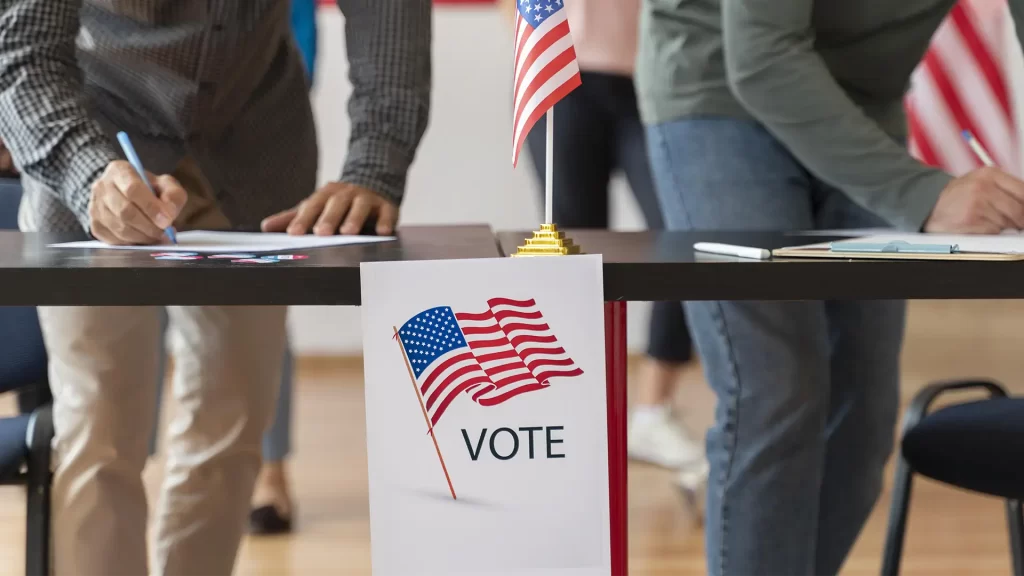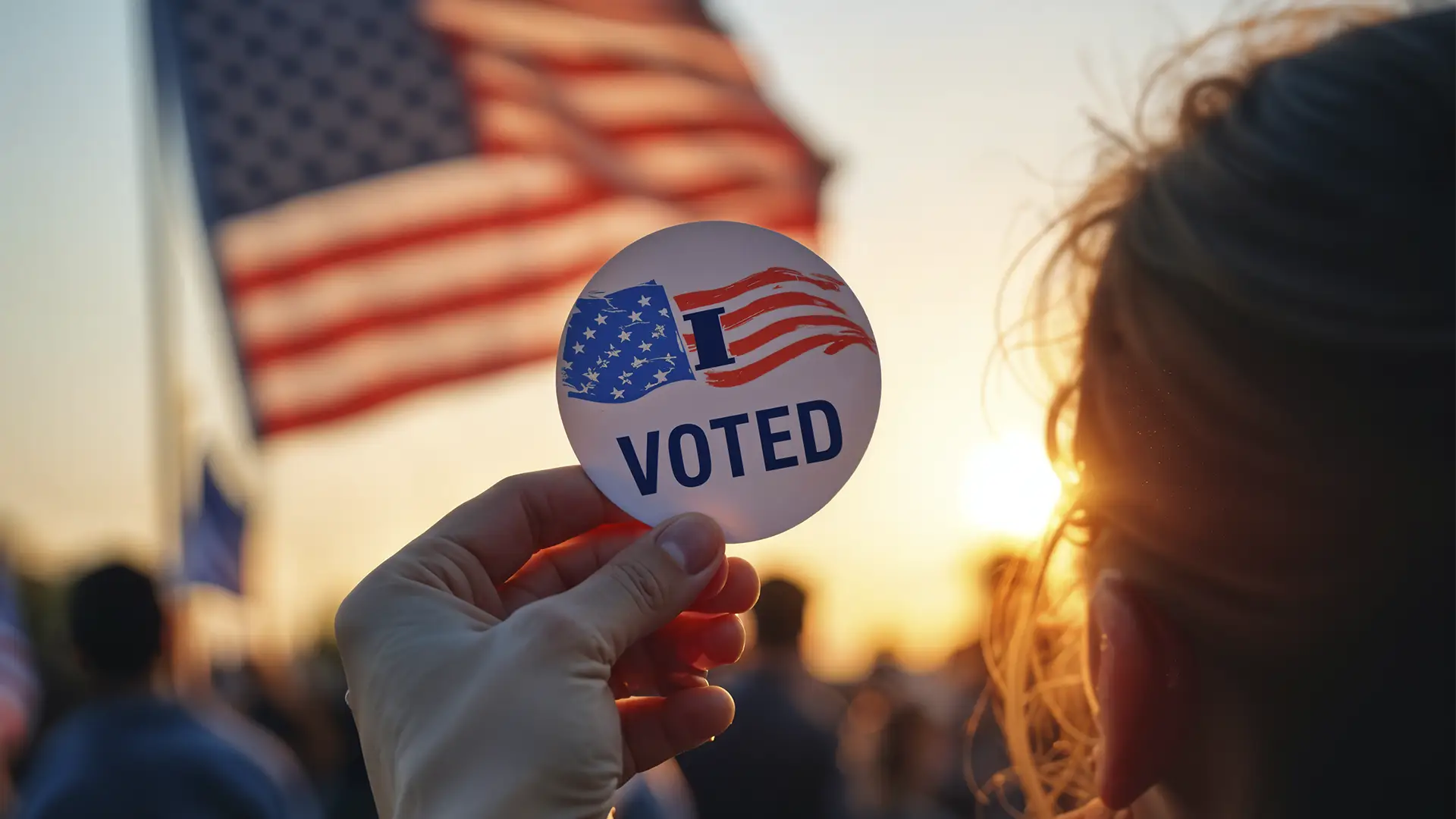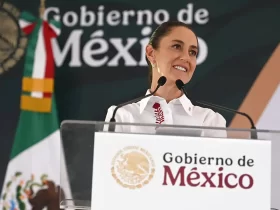The U.S. presidential election is not only crucial for those living in the United States, but also has a significant global impact. Decisions made by the U.S. president affect international policies, economies and societies around the world. This article explores how a new president (or the re-election of one) could influence three key areas: trade, immigration and international relations.
Trade: The “back-and-forth” of tariffs and trade agreements
When the U.S. adjusts its trade policy, its decisions have immediate effects for economies around the world. A change in leadership could redefine trade relations with several countries, especially in terms of tariffs and trade agreements. For example, in recent years we have seen how tariffs and trade restrictions can affect both allies and economic competitors, such as China or the European Union.
In general, some U.S. leaders prefer open and cooperative trade agreements, while others advocate protecting local industry and workers by applying higher tariffs on certain imported goods. These changes can have an impact on the prices of products in other countries, and alter the demand for exports from emerging economies.
What does this mean for a country like Mexico? That its manufacturing industry, so closely linked to the U.S. economy, could benefit or suffer depending on the trade policies decided in Washington.
Immigration: Direct impact on millions of people
Immigration policy is one of the issues that tends to resonate in every election. Depending on the vision of the president-elect, the opportunities and conditions for those seeking to migrate to the U.S. could be improved or complicated. These policies directly impact many families in Latin America and other parts of the world, as the United States is a key destination for those seeking to improve their quality of life.
If the government tightens immigration policies, it could reduce the number of visas granted, limit access to asylum programs, and strengthen border security. This also affects remittances: the money that immigrants send back to their families in their countries of origin. When policies are favorable and the economy is prosperous, these remittances increase, improving the economies of countries such as El Salvador, Honduras and Guatemala, where many families depend on this income.
In addition, in recent years, refugee and asylum policy has changed considerably, affecting not only those seeking to enter the U.S., but also the countries that temporarily host them. With a more pro-immigration president, these programs could be strengthened, benefiting both immigrants and their communities of origin.

International Relations: Cooperation or Competition on the Global Stage
U.S. international relations are also at stake. A president’s foreign policy defines how he will relate to allies, competitors and international organizations such as the UN or NATO. Elections can lead to a change in US tone and approach with other countries, from a focus on human rights to issues of defense, trade, or climate change.
For example, if the U.S. decides to reduce its commitment to the UN or NATO, European countries may feel they must assume more responsibility for defense and security. The same happens with global environmental initiatives: some presidents prioritize climate change and sign agreements such as the Paris Agreement, while others discard them, generating consequences for all countries fighting global warming.
In addition, on issues of global security and peace, the U.S. position on conflicts in the Middle East, Asia or Africa may change radically depending on the president. Countries that depend on the U.S. as an ally may have to adjust their strategies, while those with tensions may experience variations in sanctions or blockade policies.
In brief, a modification that sparks a domino effect
The U.S. election is not just a national issue; its effects go beyond its borders, touching the lives of millions of people around the world. Changes in trade policy can affect entire industries; immigration decisions can alter the flow of people and the well-being of their families; and, finally, the stance on international relations influences peace, security and global development.
For those watching the election from abroad, the interest is not simply curiosity, but an awareness of how these outcomes could impact the economy, security and opportunities of their own nations. So, as the polls close, it is clear that every decision made in the United States has global repercussions.








































Leave a Reply